Being told you’ve got potential is a phrase full of positive connotations and is naturally taken as a high compliment in our culture.
But besides implying you have an innate talent, it also means you haven’t managed to achieve what you’re capable of yet.
The truth is that there’s an enormous amount of athletes with potential or talent, but only a very select few who possess the character and resilience to get to the top.
Jess Piasecki from Stockport is indisputably one of those.
A junior athlete of immense promise, Piasecki played hockey to a high standard as well representing her country in cross country and on the track. In her teens, she decided to focus solely on running but was dealt a huge blow at the age of 18
when she suffered a fracture to her foot. Having also never had a period, she became aware of a medical condition known as the Female Athlete Triad.
The Triad comprises of osteoporosis, disordered eating and menstrual dysfunction, and affects girls and young women who are engaged in intense physical activity.
A number of setbacks hit Piasecki over the next decade, but things came to a head in the build-up to the 2016 Olympic Games.
Running in the Frankfurt Marathon in October 2015, she was on course to achieve her long-held ambition of qualifying to become an Olympian when disaster struck with just 10km to go and she tore her plantar fascia.
In a last-ditch attempt to compete at Rio, she threw herself into training for the London Marathon but was diagnosed with seven compression fractures in her spine. For all the talented juniors who can’t handle the tough, relentless reality of athletics, Piasecki could have easily been forgiven for throwing the towel in on her dreams aged 25.
But she didn’t.
Piasecki began rehab work, taking hormone injections for 18 months with the hope it would strengthen her bones. Over the next two years, she would race just five times before gradually returning to the circuit, and attempting a marathon in Florence last November.
Not only did Piasecki complete the distance for the first time, she won the race and clocked the fastest time by a British marathoner in 2019. The 29-year-old will almost certainly be representing Great Britain in Tokyo this year. There’s a lot that can be learned from her story, and one lesson is that the hard work and
perseverance that goes into making achievements happen will always count far more than any amount of potential.


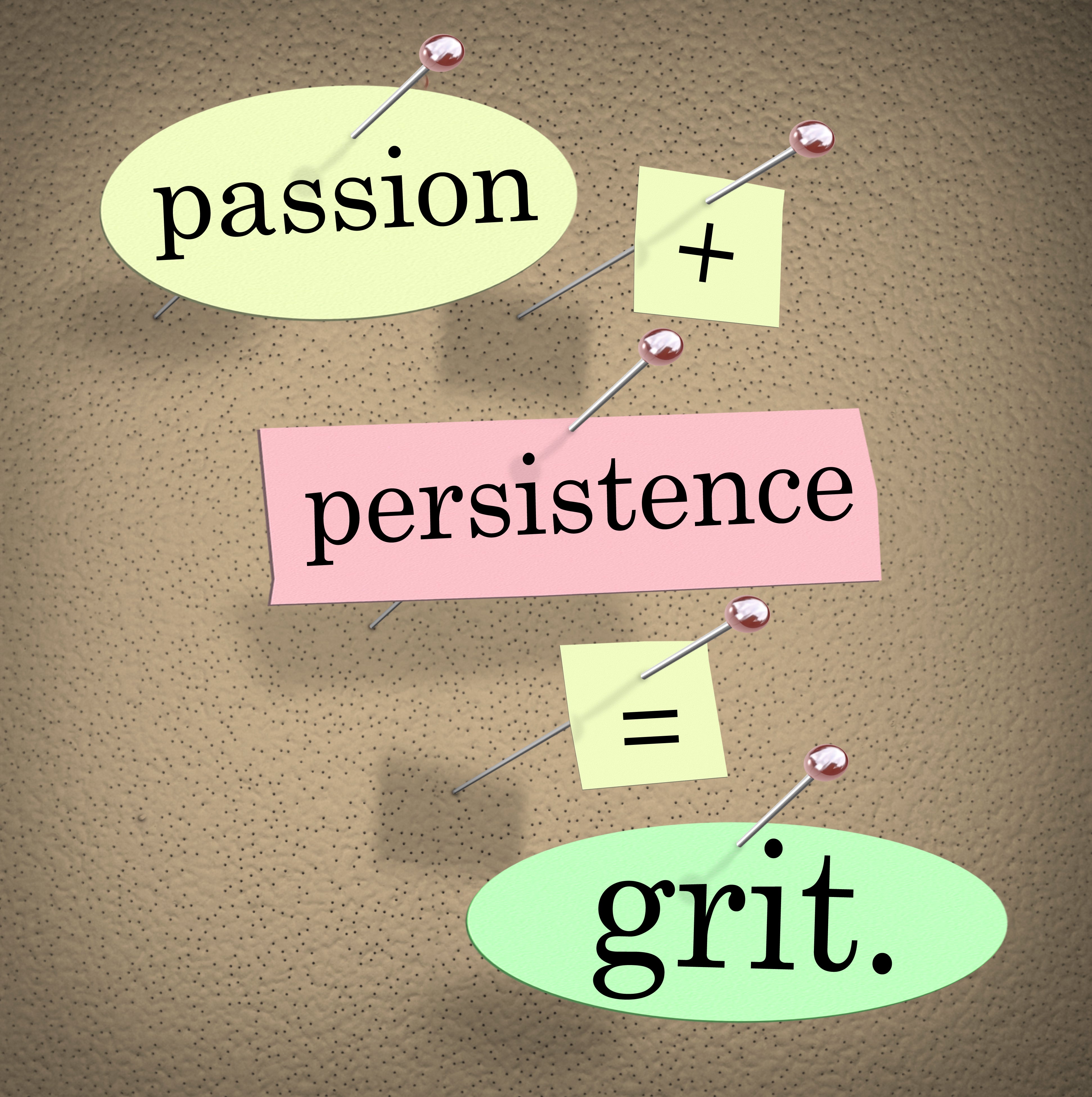


















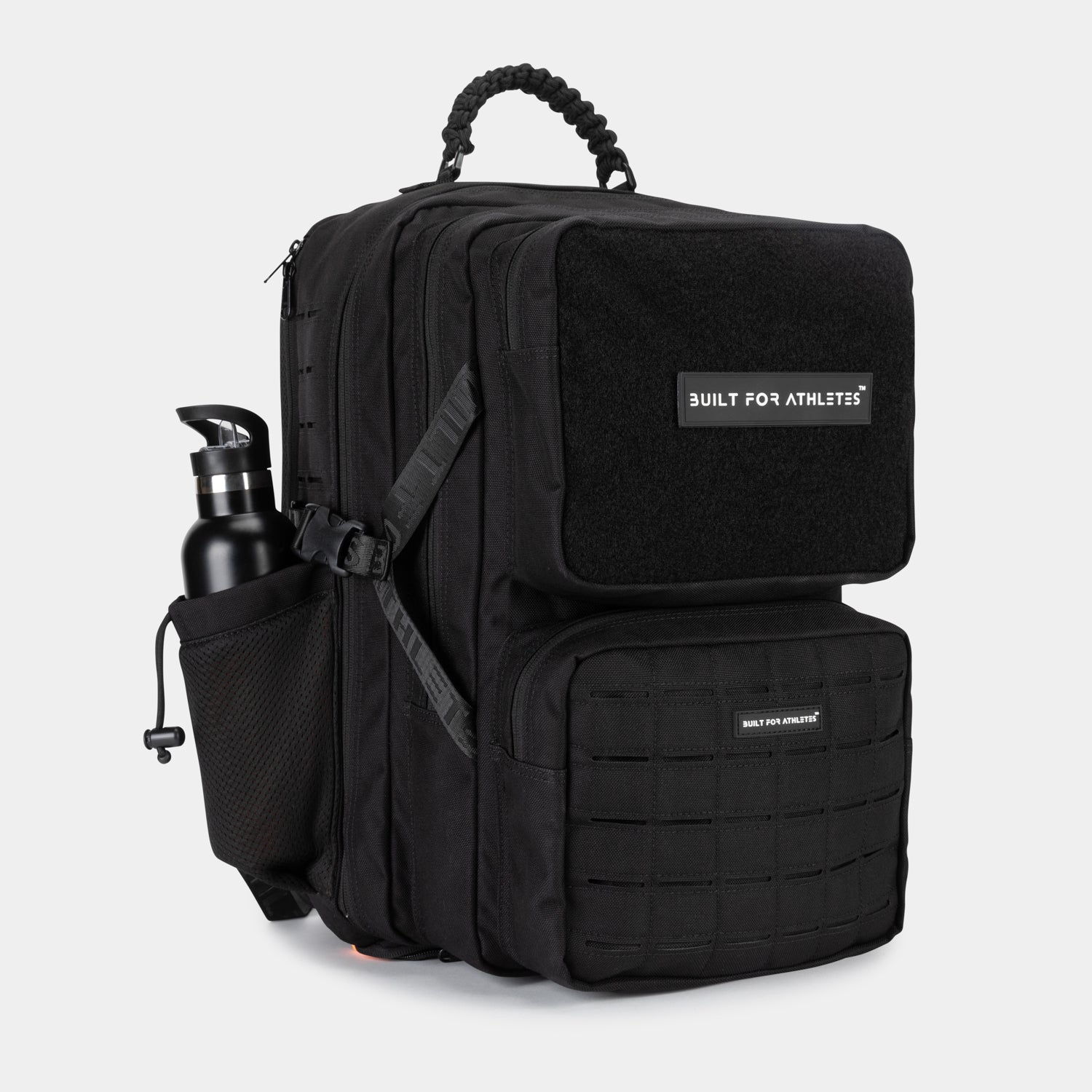
















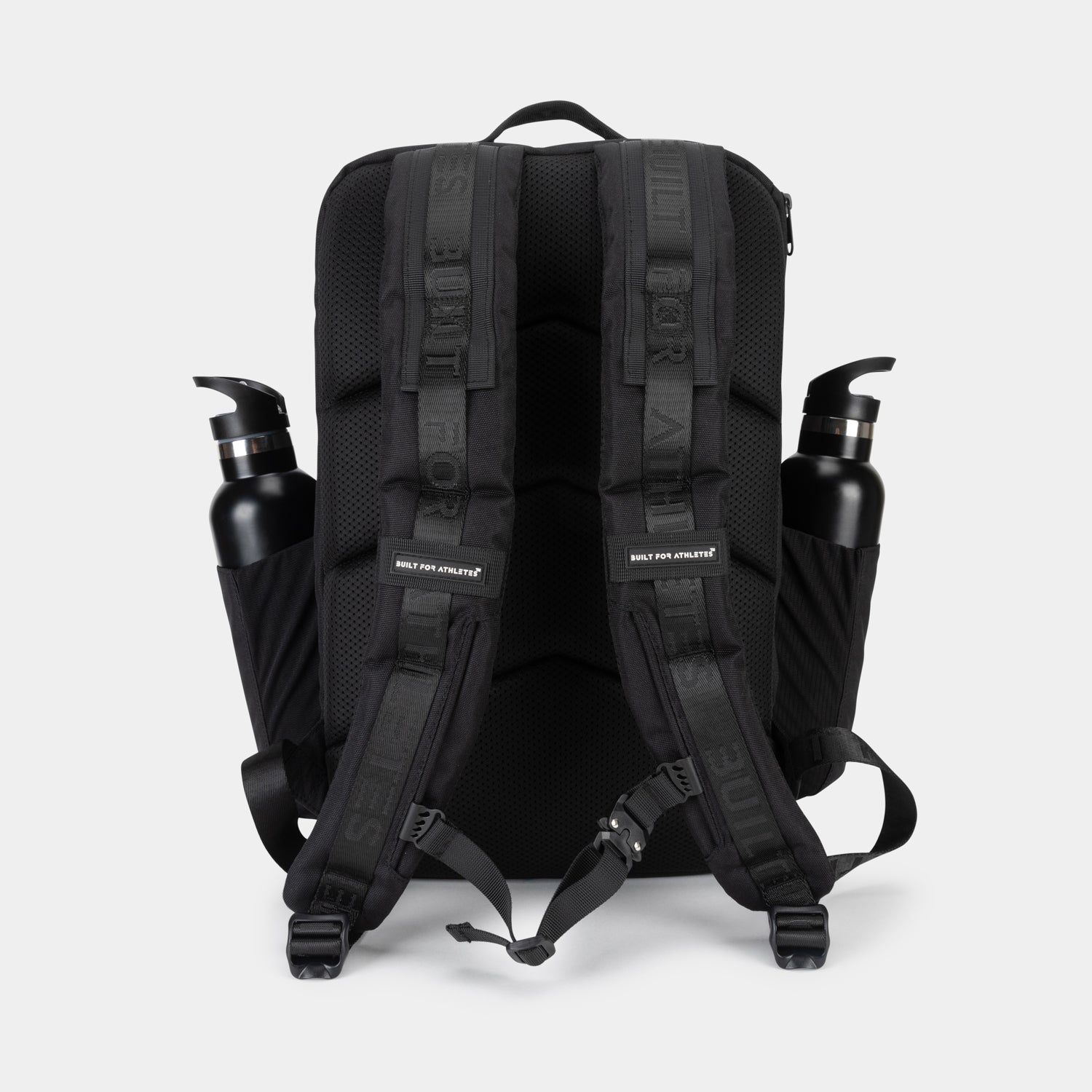






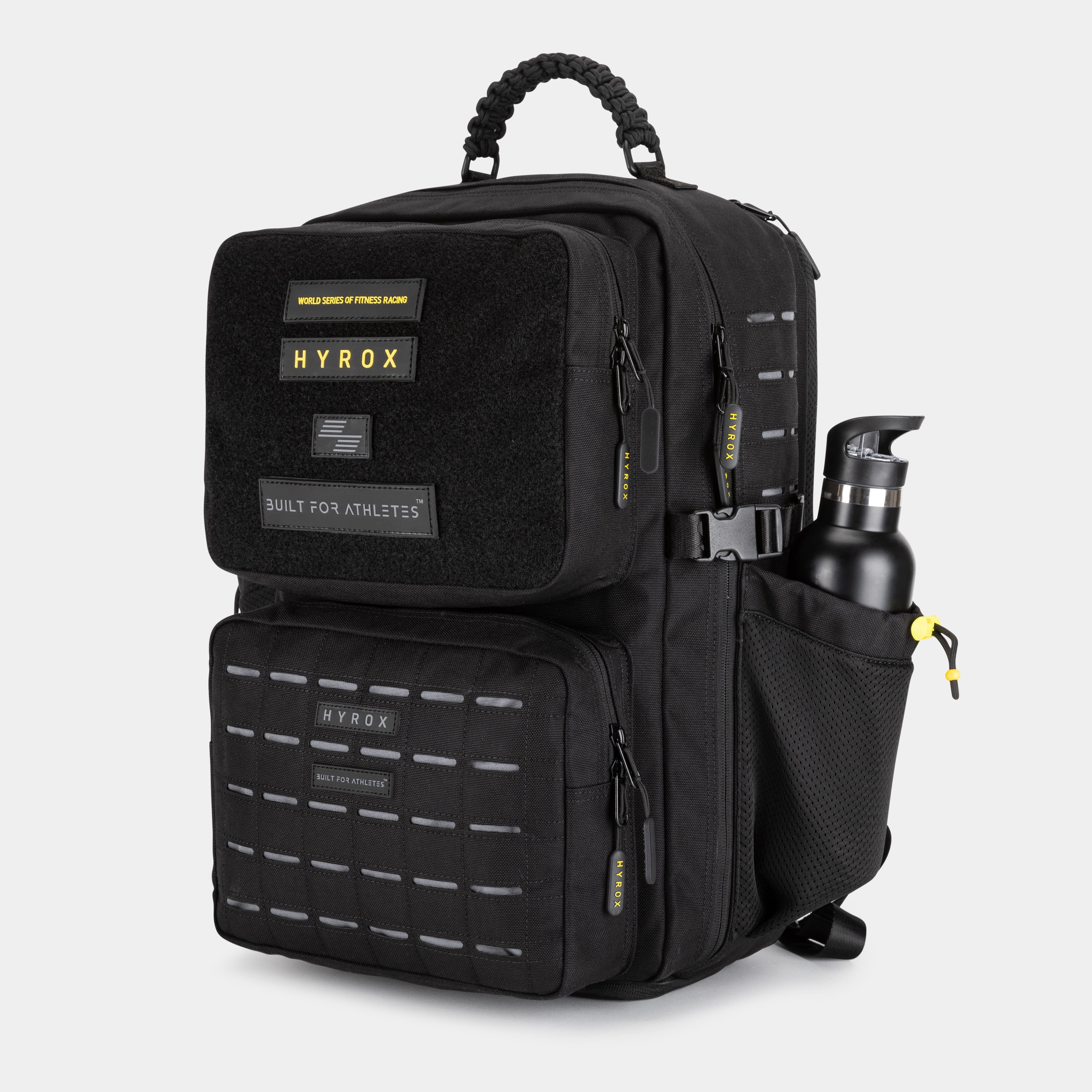






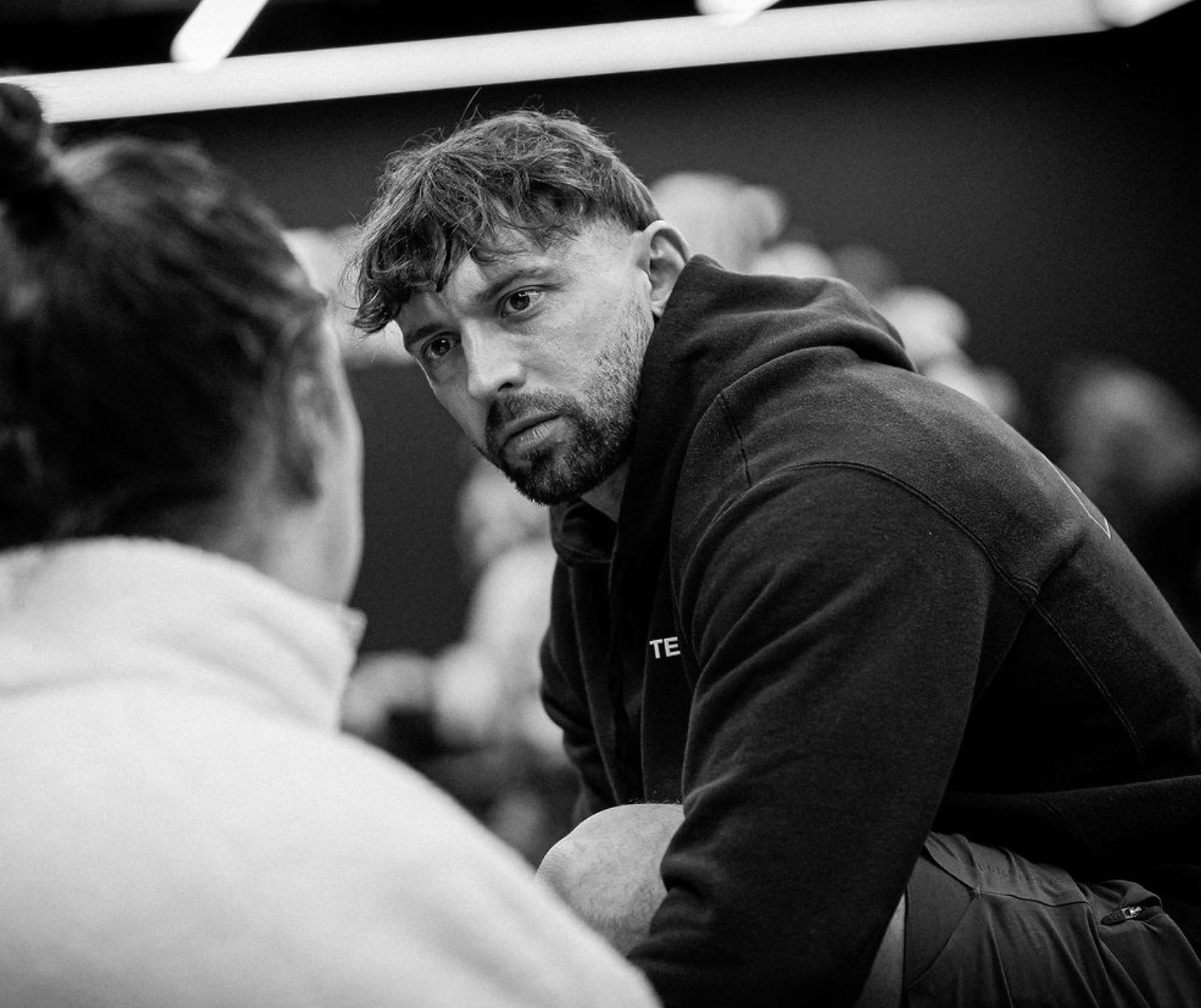

Share:
Strength Based Workout
Power Based Workout